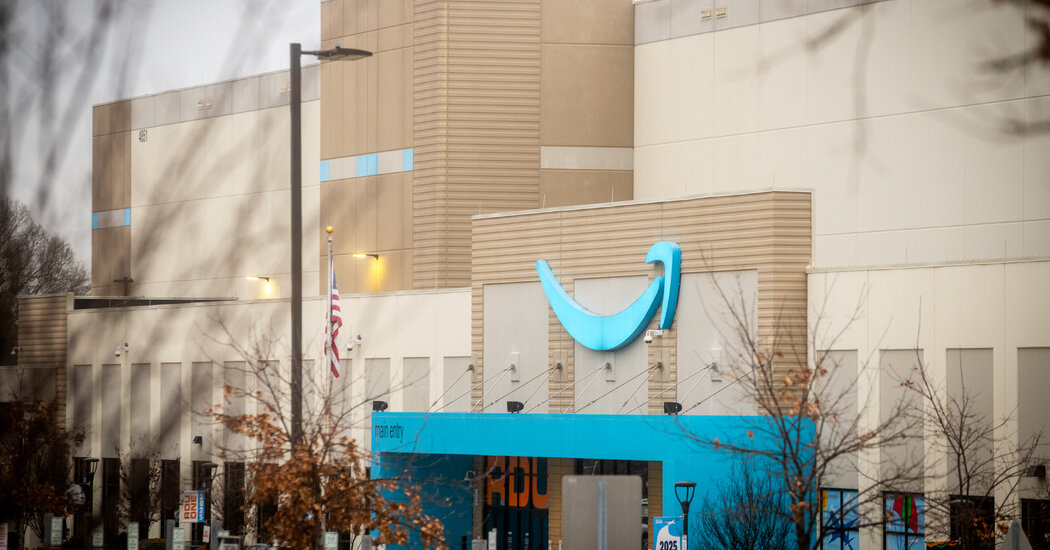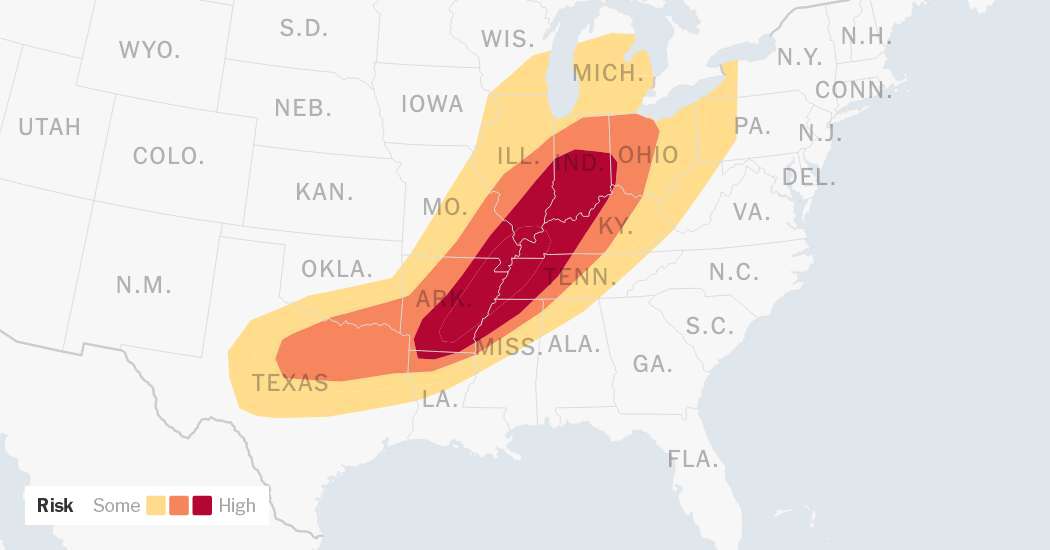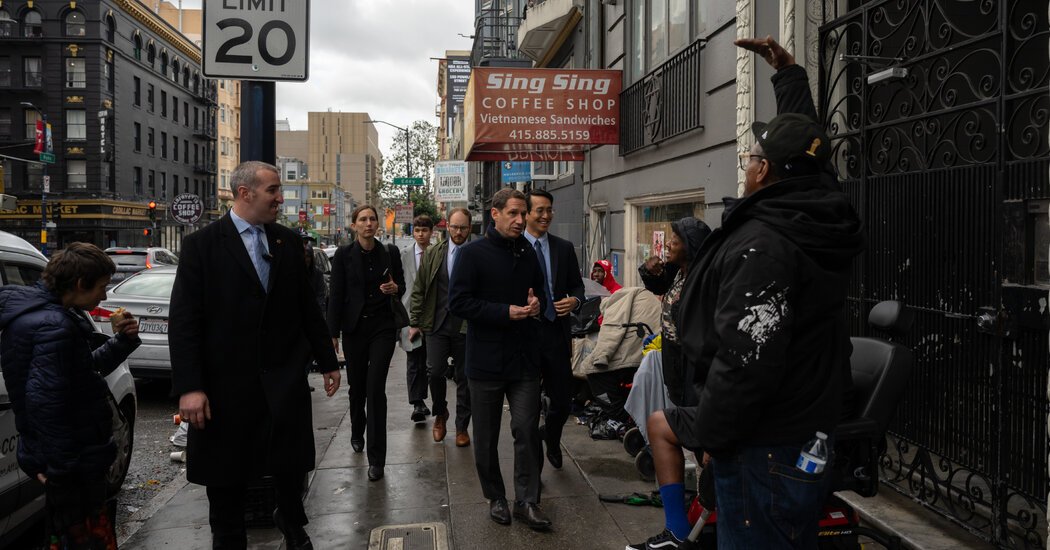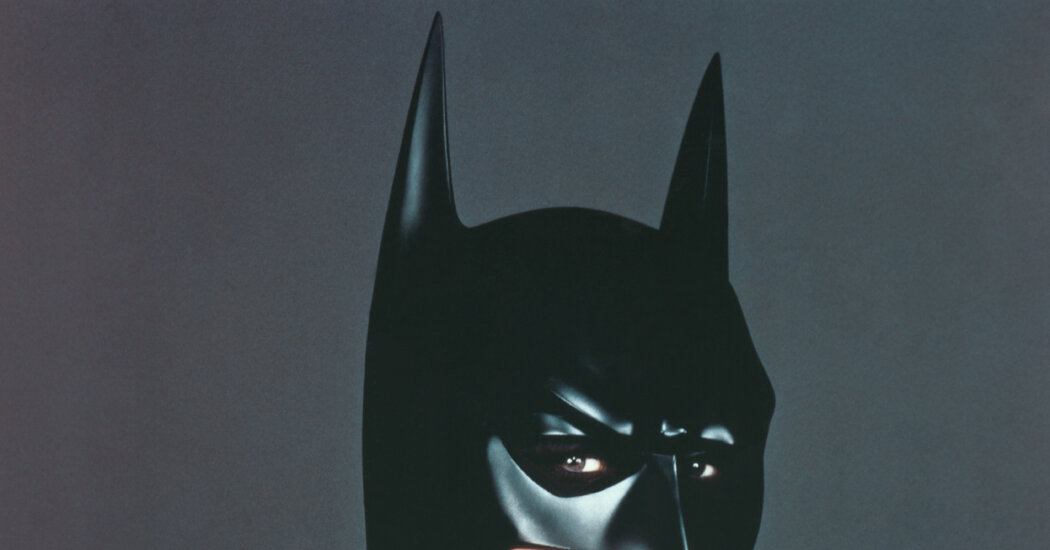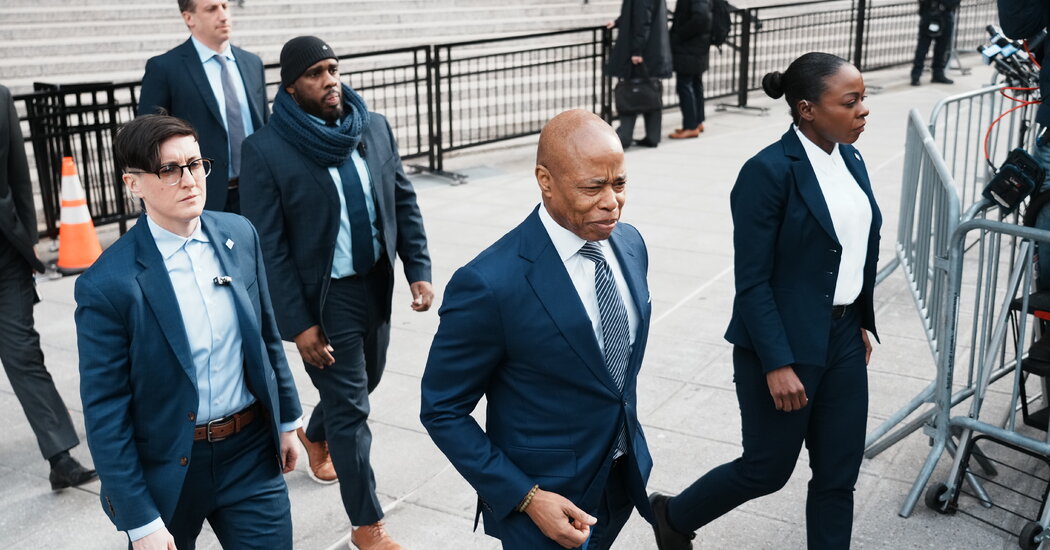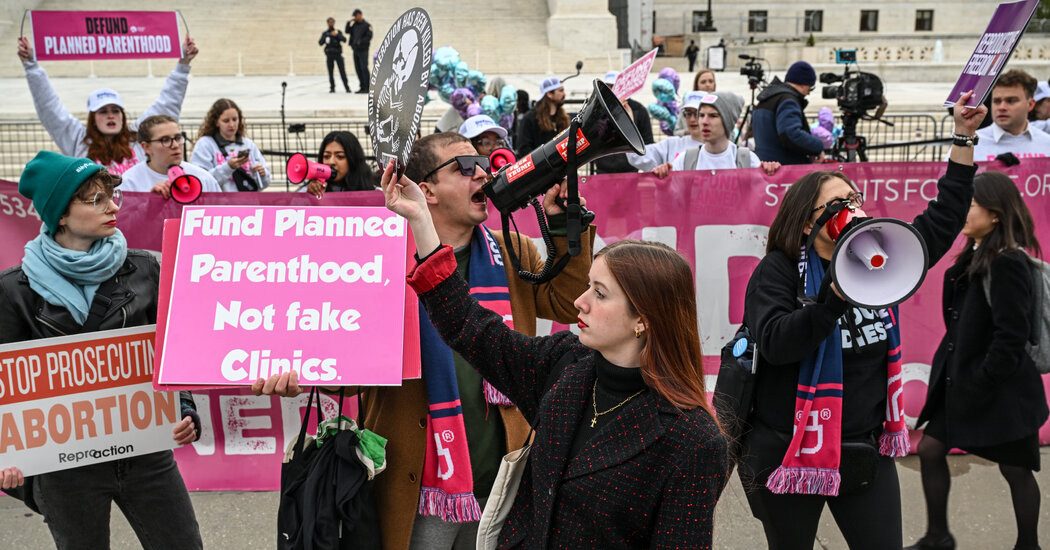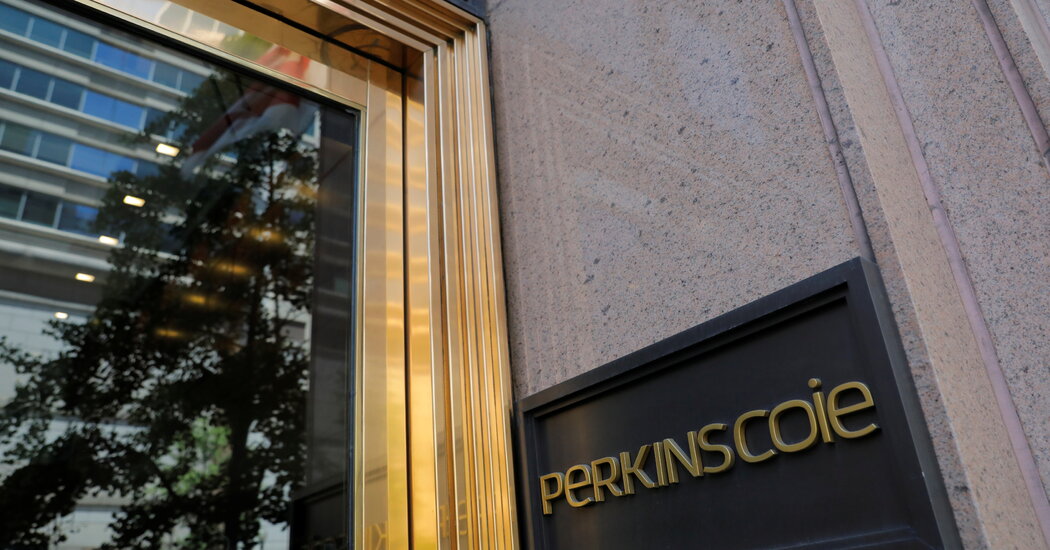Tension had been building at Princeton University as pro-Palestinian demonstrators occupied a white-columned, Greek Revival-style building at the center of campus and the police moved in. An angry crowd had surrounded a bus where two demonstrators were being held after officers led them out of the building.
“It was a tense time as there were hundreds of protesters that were attempting to interfere with lawful arrests,” reads a police report from that day, April 29, 2024.
David Piegaro, then a Princeton junior, was there filming with his phone. Mr. Piegaro says he was not one of the protesters, and he opposes much of their language and tactics. He described himself as a pro-Israel “citizen journalist” who was concerned by what he saw as the university’s insufficient response and wanted to bear witness by recording.
By nightfall, he was one of more than a dozen students charged with wrongdoing at the elite New Jersey school. He joined the roughly 3,100 people arrested or detained last spring on campuses across the county amid a wave of student activism over the war in Gaza.
Trespassing charges are pending against the pro-Palestinian demonstrators arrested at Princeton that day. But Mr. Piegaro, who was charged with assault, is so far the only person to have stood trial. A municipal court judge who presided over the two-day proceeding in February is expected to announce a verdict on Tuesday.
The Trump administration has made a dramatic show of punishing or trying to punish college-age protesters who have spoken out against Israel’s military response in Gaza, where the death toll has surpassed 50,000 people.
We are having trouble retrieving the article content.
Please enable JavaScript in your browser settings.
Thank you for your patience while we verify access. If you are in Reader mode please exit and log into your Times account, or subscribe for all of The Times.
Thank you for your patience while we verify access.
Already a subscriber? Log in.
Want all of The Times? Subscribe.


